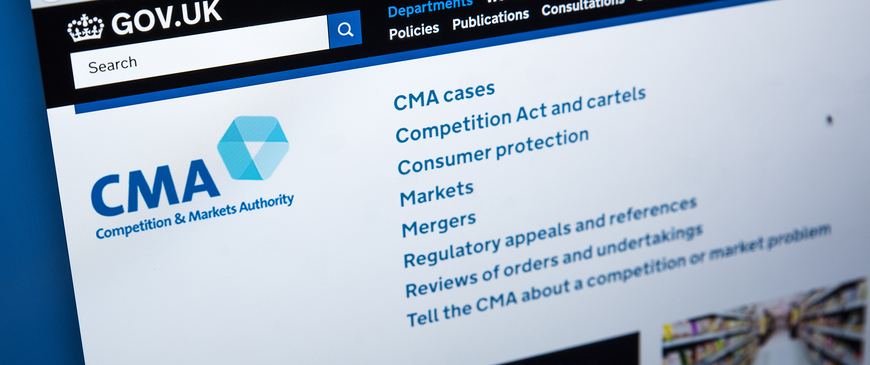
Letter: UK watchdog's tough stance on Big Tech should reassure MPs
David Parker (Opinion, May 30) argues that if the UK Competition and Markets Authority stops big tech firms buying start-ups, entrepreneurs will avoid the UK.
This argument is regularly trotted out. But it falsely assumes that tech firms can avoid the CMA’s writ by starting a business elsewhere.
The CMA has examined, and sometimes prohibited, deals where both parties are based outside the UK and have little business in Britain — as it did when Facebook’s owner was made to sell the gif creation site Giphy.
Parker’s broader point — that the CMA’s merger scepticism could undermine business dynamism — is also unconvincing. He points to Microsoft’s attempt to acquire the gaming giant Activision. The European Commission accepted Microsoft’s promises to allow Activision’s products to be played on competitors’ cloud gaming platforms, not just Microsoft’s. The commission argued this could help new cloud gaming platforms succeed. The CMA rejected the promises and banned the deal outright.
But whose approach is more consistent with business dynamism? Microsoft’s commitments would have only protected one particular business model (where consumers buy games direct from Activision, and then later want to play their pre-purchased game on a cloud gaming service). It would have done nothing to protect alternative business models, which could have been even better for consumers. Those alternative models might thrive without the merger. For example, without the merger, Activision would probably do everything possible to increase its customer base, including allowing consumers to buy its games via cloud gaming platforms, not just directly from Activision.
Tech markets, when they function at their best, are unpredictable and experimental. They require businesses to take big risks to find out what consumers value. It is that type of risk-taking — rather than detailed and static rules proposed by Microsoft — that led to the past “big leaps” in tech innovation.
The CMA was right to reject Microsoft’s commitments. Rather than harming business dynamism, the CMA’s approach shows one thing: it understands competitive markets always deliver more than stifling rules imposed upon giant companies.
That free-market philosophy should reassure MPs, as they are about to debate handing over new powers to the CMA to regulate Big Tech.
Zach Meyers, Senior Research Fellow, Centre for European Reform
